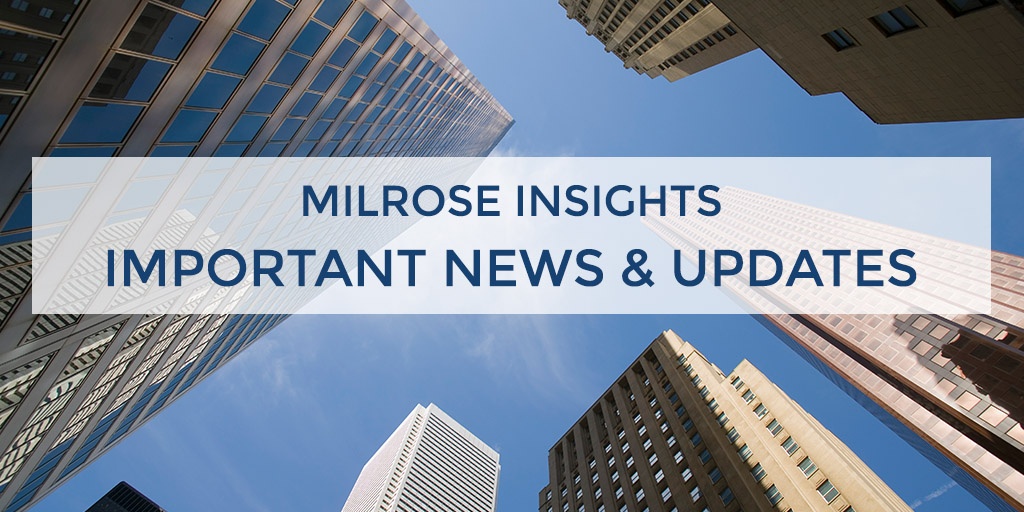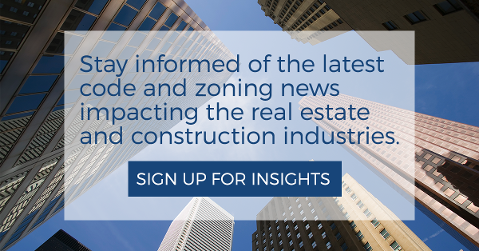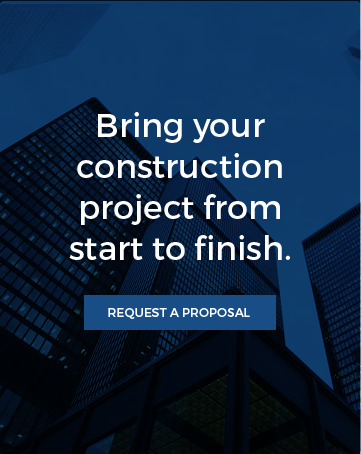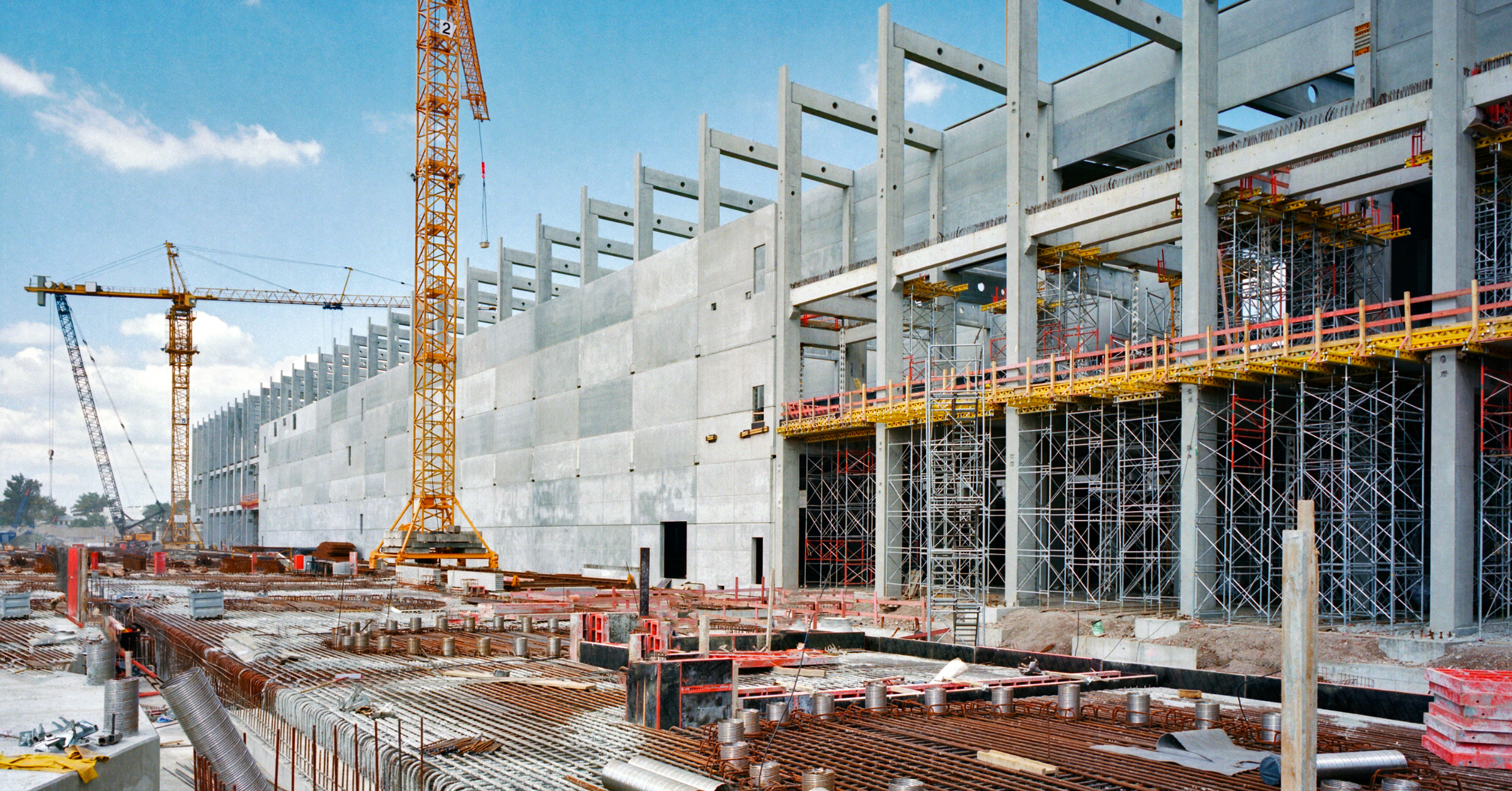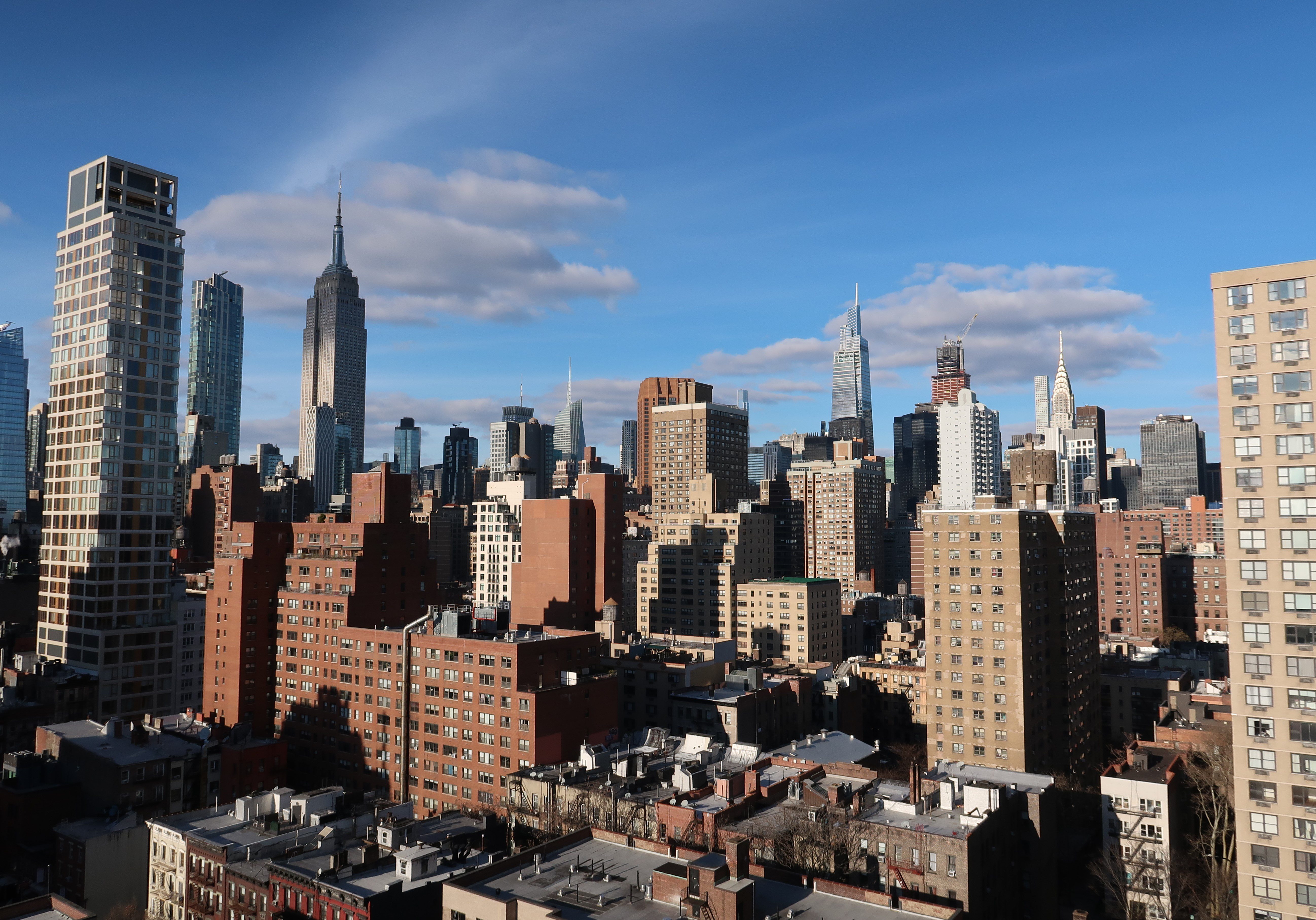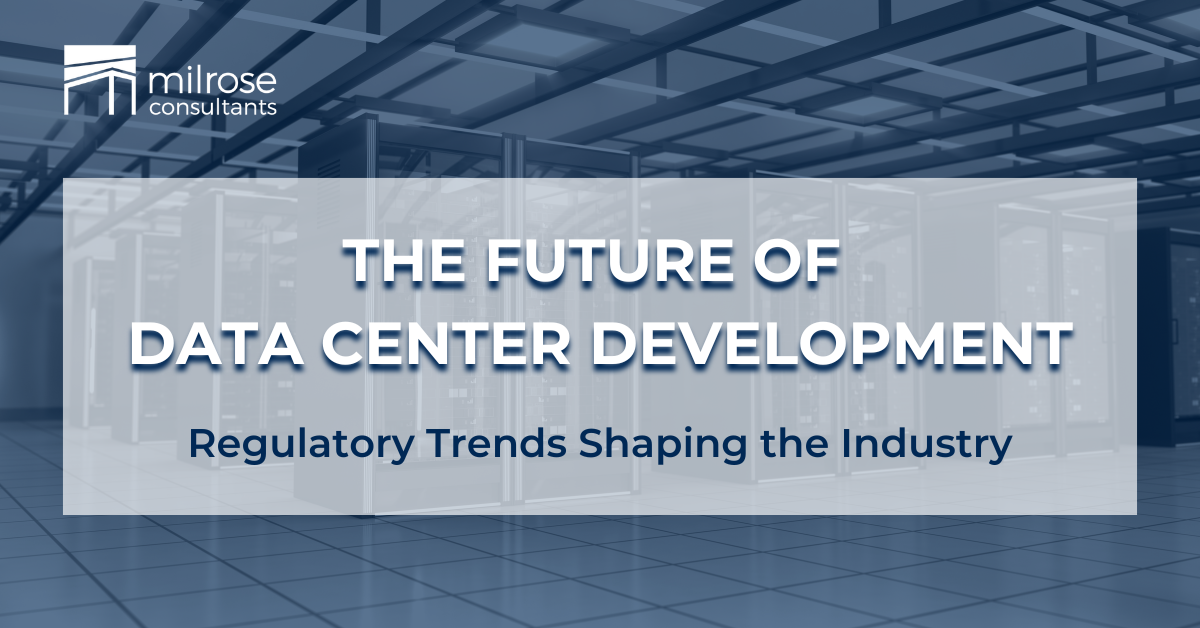Stay ahead of the curve with the latest updates, news, and important deadlines for 2025 and beyond. As a trusted source for building updates as well as building code and compliance information, Milrose Consultants is committed to keeping you informed about critical code changes, upcoming deadlines, and industry updates that impact your projects. With city-specific insights tailored to your needs, you can rely on us to ensure your projects remain compliant, efficient, and successful. We will continue to update this page as new information is released throughout the year. Check back often for the latest updates!
New York | Illinois | Texas | California
NEW YORK
JANUARY 2025
- In accordance to Local Law 99, New York City is prioritizing clean energy by expanding solar panel installations across schools and public buildings, supporting the city’s goal to achieve carbon neutrality by 2050. This initiative will reduce emissions, create green jobs, and provide educational opportunities for students.
- There has been an increase in penalties issued to buildings that have not filed their Gas Piping System Periodic Inspection Certification. The new cycle filing period is from January 1, 2025, to December 31, 2025 for Community District’s 2,5,7,13, and 18. Failure to file the Gas Piping System Periodic Inspection Certification (GPS2) by the applicable due date results in a civil penalty of $5,000. Learn more about Local Law 152.
- In 2025, New York City will become one of the first cities in the world to adopt a predicted energy use code, as part of Local Law 32 of 2018. Starting in 2024, buildings 25,000 sq ft and above will be required to meet GHG emissions limits or face financial penalties. Learn more here.
- New York's Building Code Council is set to include the All-Electric Buildings Actin its 2025 code update. The 2023 law bans natural gas and other fossil fuels in new buildings. All-electric cooking and heating will be required for new buildings of less than seven stories by 2026, and 2029 for taller buildings.
- Buildings After Hours Schedule: DOB borough offices will be open the first and third Tuesday of the month from 4:00 pm to 7:00 pm. Staff will be available to answer questions and provide needed information to homeowners, tenants, building managers, and small business owners. See the 2025 Schedule and Find a Borough Office near you.
- In-person Industry Meetings: DOB hosts monthly in-person industry meetings for registered design professionals and Class 2 Filing Representatives at each borough office. The meetings provide an opportunity for industry professionals, with business before the Department, to interface with borough staff with their questions and concerns.
- Effective December 11, 2024, the definition of a 'major building' in Section 202 of Chapter 2 of the NYC Building Code will change from a building 10 or more stories or 125 feet or more in height to one 7 or more stories or 75 feet or more in height. Refer to this service notice for more information.
FEBRUARY 2025
- Building owners with structures taller than six stories are required by FISP to have their exterior walls and appurtenances inspected every five years. A technical façade report must also be electronically filed with the Department of Buildings (DOB) through DOB NOW: Safety. Cycle 10, Window A is now open for buildings located in block numbers 4, 5, 6, and 9. These buildings must have their façades inspected by a Qualified Exterior Wall Inspector (QEWI), and inspection reports must be filed between February 21, 2025, and February 21, 2027. Learn more here!
- Here are the Cycle 10 Filing Windows:

MAY 2025
- In accordance with Local Law 157, property owners of buildings with gas piping and gas service are required to install natural gas detectors in each unit by May 1, 2025. This requirement does not apply to buildings without gas service. Property owners now have one year to ensure compliance.
- According to Local Law 97, most New York City buildings over 25,000 square feet must adhere to specific greenhouse gas (GHG) emissions limits. Building owners are required to submit a report, certified by a registered design professional, detailing the building's 2024 emissions to the NYC Department of Buildings (DOB) by May 1, 2025. Annual fines will be imposed on buildings that fail to meet the 2024 emissions limits, starting in 2025. Reports will subsequently be due annually by May 1 of each year, reflecting the previous year’s emissions. Emission caps will become more stringent every five years, with the next significant threshold in 2030. These measures aim to reduce emissions from buildings by 40% by 2030 and achieve an 80% reduction citywide by 2050. For more detailed information and guidance, click here.
NOVEMBER 2025
- Historically, the Holiday Permit Embargo begins at the end of November and continues into January 2026. The DOB has not released official dates and details for this embargo yet, but we will update this information as the details become available.
DECEMBER 2025
- In accordance with the NYC DOB’s New Parapet Rule, requires building owners to have their parapets annually inspected to identify any hazardous conditions by a competent inspector. This report does not require filing but will need to remain on hand if audited by the DOB. There is annua observation required. Learn more here.
- The NYC Electrical Code will go into effect on December 21st of this year. Learn more here.
- Under Local Law 126, parking structures for Manhattan Community Districts 8, 9, 10, 11, and 12, as well as Brooklyn must have their structure inspected by a Qualified Parking Structures Inspectors (QPSI) with a report filed to the DOB by December 31, 2025.
- For buildings located in Tax Block #5, the compliance deadline for Local Law 87 is December 31, 2025. By this date, building owners must complete the required energy audit and retro-commissioning to optimize energy efficiency and file an Energy Efficiency Report (EER) with the NYC Department of Buildings. Buildings larger than 50,000 square feet, or two or more buildings that together exceed 100,000 square feet and share a tax lot, must submit an EER and Retro-commissioning report (RCx) every 10 years. Failure to meet the deadline will result in a $3,000 fine for the first year and $5,000 fines in subsequent years. Beginning January 6, 2025, civil penalty payments and challenge requests for LL87 violations must be submitted through DOB NOW: Safety. For more information click here.
- New buildings seven stories or less must be all-electric by December 31, 2025, while buildings larger than 100,000 square feet or more than seven stories must be all-electric by December 31, 2028. The 2023 law bans natural gas and other fossil fuels in new buildings, with all-electric cooking and heating required for new buildings of less than seven stories by 2026 and for taller buildings by 2029. The final State Budget directs New York State’s Fire Prevention and Building Code Council to prohibit the installation of fossil fuel equipment and building systems in any new building seven stories or less by December 31, 2025, with commercial and industrial buildings greater than 100,000 square feet exempt until December 31, 2028.
ADDITIONAL INFORMATION & LINKS:
- The DOB has recently implemented an update to the requirements for the owner registered email address. It is now required that the address for the owner matches the records in the NYC Department of Finance records, and if not available, match the HPD profile on the website. This means that property/compliance managers cannot be the “owner”, but they can sign as the owner representative. Information must be updated in the e-filing account to match the current Business Name and Address. Please find out how to update here.
- ICAP offers property tax abatements for up to 25 years for eligible industrial and commercial buildings that are built, modernized, expanded, or otherwise improved.
- HLZAE Updates
- NY Updates
ILLINOIS
JANUARY 2025
- Effective January 1, 2025, the law requires any municipal or county building code to regulate the structural design of new buildings, rehabilitation work in existing buildings, and residential buildings in a manner at least as stringent as the applicable baseline code applicable to those buildings. This section also expressly preempts home rule municipalities. Learn more here.
- Changes to the Capital Development Board Act:
- The new law requires municipalities and counties that have adopted and are enforcing a building code to identify the adopted model code, by title and edition, and any local amendments, to CDB in writing no later than June 30, 2024. Similarly, municipalities and counties adopting a new building code must identify the model code being adopted, by title and edition, and any local amendments, to CDB in writing at least 30 days before the effective date of the building code. Note that the term “building code” under the new law expressly excludes zoning ordinances.
- Effective January 1, 2025, the new law will prohibit any person from occupying a “newly constructed commercial building” or a “substantially improved commercial building” in any “non-building code jurisdiction” until the property owner (or its agent) has contracted with a qualified inspector to inspect the building. Under this new law, the inspector must file a certification of inspection with the municipality or county with jurisdiction over the property indicating whether the building complies with certain Code requirements specified in the Act. The certification requirement does not apply to municipal or county inspectors acting in their official capacity. A “non-building code jurisdiction" means an Illinois municipality or county that (i) has not adopted a building code; or (ii) is required to, but has not identified its adopted building code to the Capital Development Board (CDB).
ADDITIONAL INFORMATION AND LINKS:
TEXAS
MAY 2025
- The City of Dallas is launching its new DallasNow permitting platform. A temporary service outage is expected during the transition—view the update here for key dates and details.
JUNE 2025
- According to the TABC compliance reporting deadline, you must conduct and file a compliance report (i.e., self-inspection) for each of your TABC licenses and permits listed below between January 1 and June 30 each year. This applies to the holders of BW, BB, BC, BE, BF, BG, BQ, D, G, MB, N, NB, NE, P, Q, W, and X licenses and permits. Learn more by clicking here.
CALIFORNIA
JANUARY 2025
- As of December 2024, Los Angeles is extending outdoor dining through a one-year continuation of the Al Fresco program under Municipal Code Section 85.02, supporting local businesses, enhancing public spaces, and fostering vibrant outdoor dining experiences.
NOVEMBER 2025
- Deadline: The Los Angeles Holiday Moratorium ran through November and December of 2024. This limits construction activity, permit issuances, and includes street closures. The dates for 2024 included November 27-30, December 1, December 6-8, and December 13-29. Historically, this has been the timing, yet the information on this for 2025 has not yet been released. For more info, click here.
DECEMBER 2025
- Building Code Publication & Market Readiness Activities – January to December 2025
- 2025 Energy Code in effect – January 1, 2026
- The adopted 2025 update will be submitted to the California Building Standards Commission (CBSC), which is scheduled to consider it in December 2024. If approved by the CBSC, the new standards would go into effect on January 1, 2026, giving builders, contractors and other interested parties a year to gear up for the changes. The California Energy Commission adopted the 2025 updates to California’s Building Energy Efficiency Standards (Energy Code). The Code update is estimated to save $4.8 billion in energy costs, reduce greenhouse gas emissions by about 4 million metric tons, and make homes and buildings more climate-resilient and comfortable.
ADDITIONAL INFORMATION & LINKS:
- Fire-Rated Vents: Implementation of new standards requiring the installation of fire-rated vents to reduce smoke spread and more effectively contain fires.
- Sustainability and Energy Efficiency: Stricter efficiency standards aimed at reducing energy consumption through improved insulation and the integration of renewable energy sources.
- Safety Enhancements and Structural Resilience: Updated requirements for structural materials to enhance resilience against natural disasters.
- Technological Integration: Encouragement of incorporating smart technology into building designs for automated safety and energy management systems.
- 2025 California Green Building Standards Code (CALGreen):The Green Building Energy Efficiency Standards contained in Appendices A4.2 and A5.2 of the California Code of Regulation (CCR), Title 24, Part 11 (CALGreen) include voluntary energy efficiency requirements for newly constructed buildings, and additions and alterations to existing buildings. The CEC updates the voluntary residential and nonresidential provisions every three years alongside the rest of the California Building Standards Code (Title 24, Parts 1 and 6).
- The updates to the CBC are going to take effect on January 1st, 2026. Any permits formally submitted (paid for and in queue for review) this year will be grandfathered in under the current code.
- Extensions and grace periods are at the discretion of each AHJ. LADBS and most jurisdictions are very strict on the submittal deadline.
- California Updates


